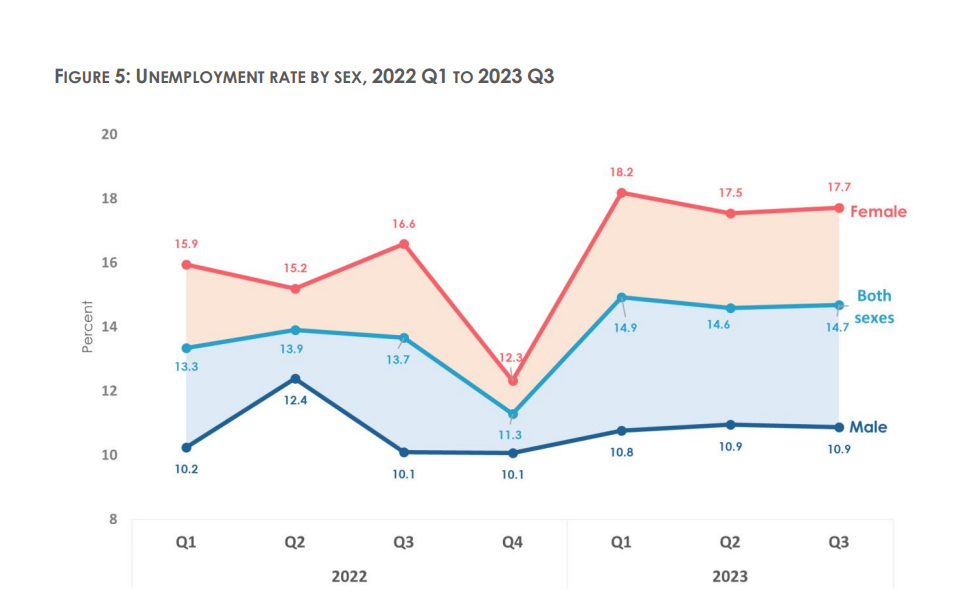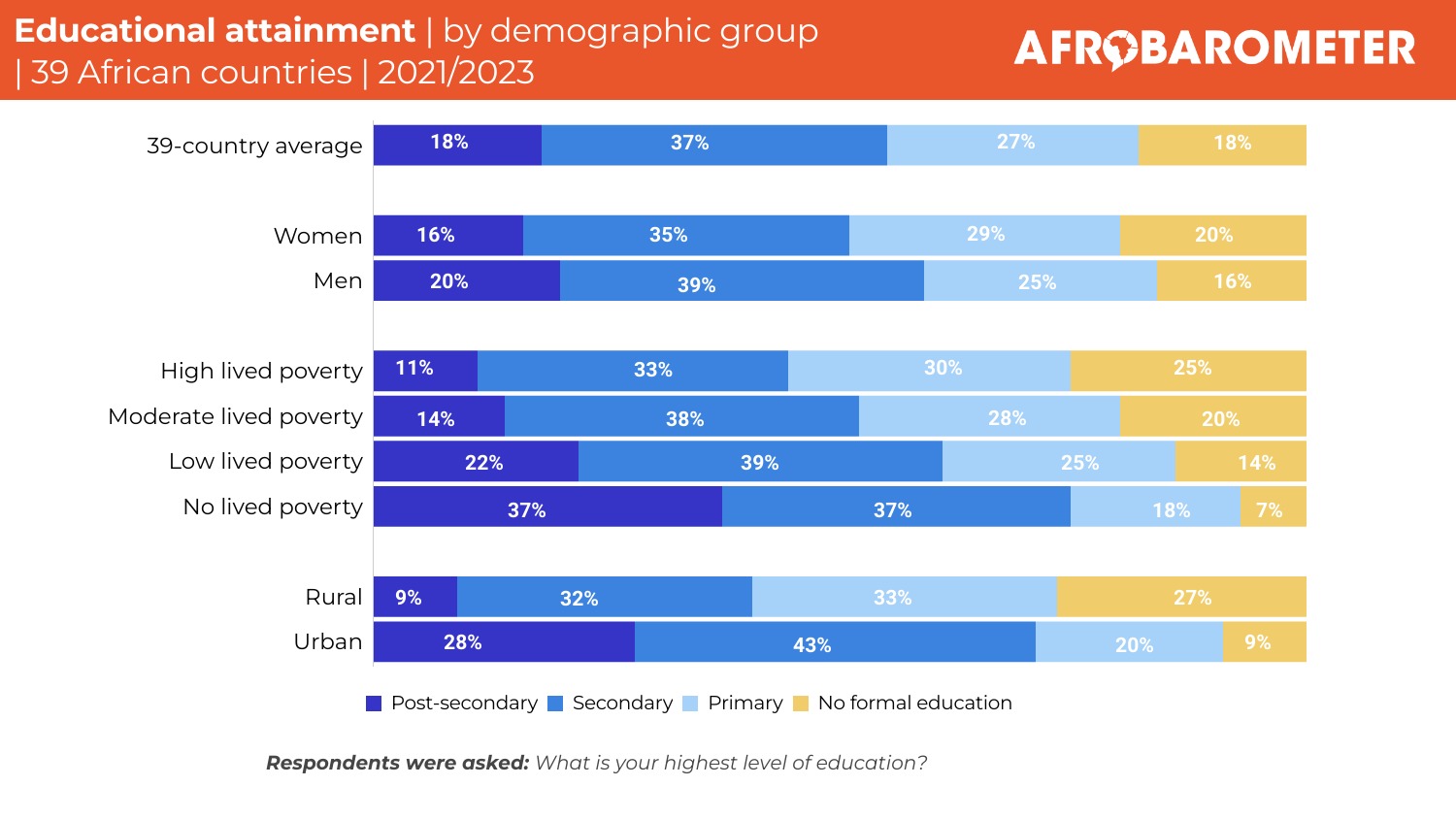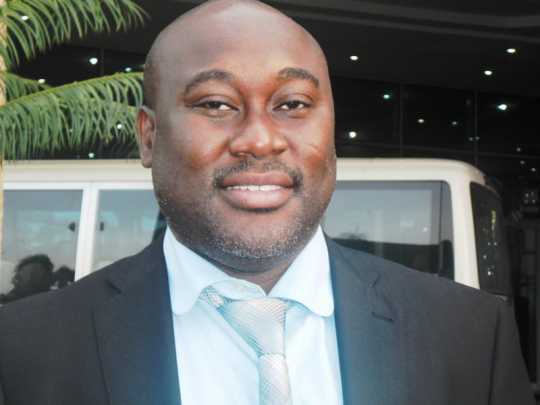


The need to intensify public education on statistical literacy in Ghana cannot be overempahsised, as this will help address the underutilisation of data among the populace.
Professor Atinuke Olusola Adebanji at the Department of Statistics and Actuarial Science, Kwame Nkrumah University of Science and Technology (KNUST), said stakeholders in public education should launch a nationwide campaign on statistical literacy, emphasising its relevance in helping the public to understand complex issues and make informed decisions.
Speaking at her professorial inaugural lecture at the KNUST in Kumasi, Prof. Adebanji said comprehensive statistical literacy programmes should be implemented in schools and universities.
“Integrating statistical concepts into various subjects to develop analytical skills from an early stage of children’s education is the surest way to developing practical interest in the subject,” she said.
Again, broad reach and influence could be ensured by utilising a variety of media outlets and community involvement events.
The lecture was titled; “Facts from Artefacts: A Journey in Statistical Inquisition”.
Prof. Adebanji indicated that early acquisition of analytical abilities could be facilitated for children by incorporating statistical principles into diverse topics.
That strategy would make sure that statistical literacy was ingrained in the educational process and produced a data-savvy generation.
In addition, collaborations could be fostered between government agencies, academic institutions, and private organisations to develop and share resources that promoted statistical literacy.
“Combined knowledge and resources will yield projects and tools for education that are more successful,” she said.
“Partnerships can also make it easier for statistical literacy initiatives to adapt to the changing needs of society and the workforce.”
Prof. Adebanji said creating chances for lifelong learning guaranteed that statistical literacy would always be a top concern for educators and the public.
Conferences, workshops, and internet resources could facilitate lifelong learning by keeping people up to date on new statistical techniques and their uses.
She said by implementing an all-encompassing strategy, Ghana could provide her people with the knowledge and abilities they needed to function in a society.
“This is becoming more and more data-driven, promoting a mindset that values statistical literacy and makes use of it to make well-informed decisions.”
She recommended that organisations provide training programmes for professionals across various sectors to enhance their statistical literacy, enabling better decision-making and problem-solving.
At the community level, local workshops and seminars could be organised to educate members on basic statistical concepts, empowering individuals to critically assess information and make informed choices.
“These seminars guarantee accessibility and efficacy in communicating statistical literacy to a wide audience by customising the content to address real-world circumstances and incorporating fun techniques like gamification components.”
Source: GNA
The post Ghana needs to intensify public education on statistical literacy – Prof. Adebanji appeared first on Ghana Business News.
Read Full Story




















Facebook
Twitter
Pinterest
Instagram
Google+
YouTube
LinkedIn
RSS